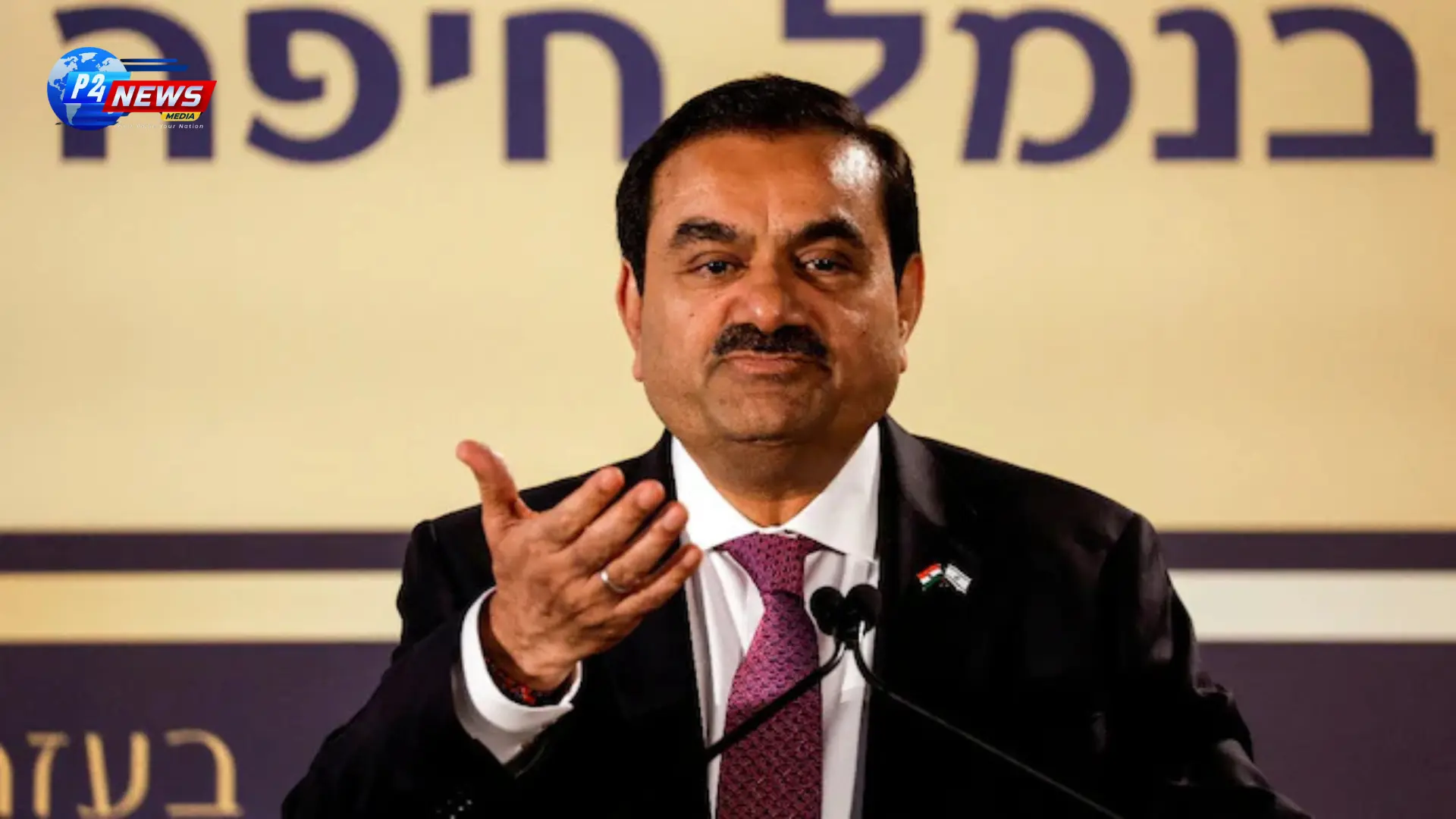As the US charges against Gautam Adani and his associates unfold, a new petition has emerged in the Supreme Court questioning the efficacy of the Securities and Exchange Board of India’s investigation into the Adani Group. The petition highlights significant concerns about the regulatory body's credibility and calls for accountability.
A new application has been submitted to the Supreme Court, seeking to document the serious bribery charges against billionaire Gautam Adani and his seven affiliates as brought forth by US authorities. This development follows an investigation led by the Securities and Exchange Board of India (Sebi) into allegations made by Hindenburg Research concerning the Adani Group's business practices.
The petition, initiated by Vishal Tiwari, points to significant flaws in Sebi’s handling of the investigation, raising critical questions about the integrity of the market regulator. According to the application, “Despite the timeline set by the Honourable Supreme Court's order on January 3, 2024, Sebi has yet to submit any findings or reports related to its investigations. The absence of such documentation severely undermines confidence in Sebi’s regulatory capacity.”
Coinciding with this, Sebi has started probing claims from the US alleging that Adani Green Energy, a branch of the Adani Group, neglected to report an ongoing investigation into purported bribery practices. Reports indicate that Sebi is currently awaiting detailed input from Indian stock exchanges before deciding on further investigative steps.
Recently, Gautam Adani, 62, alongside his seven executives, including his nephew Sagar Adani, faced indictment in a New York court. They have been accused of orchestrating a bribery scheme amounting to $265 million, allegedly aimed at obtaining favorable solar energy contracts in India, which are projected to yield $2 billion in profits over a 20-year span.
Moreover, the US Securities and Exchange Commission (SEC) has initiated different charges against both the Adani Group and Cyril Cabanes, an executive at Azure Power Global. They are accused of providing misleading statements to secure $2 billion worth of loans and bonds.
The Adani Group has firmly denied the allegations, labeling them as “baseless.” The charges have drawn heightened scrutiny towards the conglomerate, which has previously faced criticisms regarding the improper utilization of offshore tax havens, highlighted by the US-based short-seller Hindenburg Research.
In August 2024, Hindenburg alleged connections between Madhabi Puri Buch, the chairperson of Sebi, and offshore funds associated with the Adani Group, referring to documents from whistleblowers. These allegations suggest a potential conflict of interest regarding Buch in relation to her prior investments linked to the Adani matter.
Both Buch and Sebi have rebuffed these assertions, stating that the allegations lack merit and that the regulator has thoroughly looked into the claims directed at the Adani Group.
This ongoing situation raises critical issues regarding corporate governance and regulatory oversight in India, igniting discussions about the need for stronger accountability measures. The outcome of the Supreme Court's consideration of the petition will likely have far-reaching implications for the future of the Adani Group and its operations, as well as the role of Sebi in maintaining market integrity.
As developments unfold, stakeholders in both the Indian and global markets will be closely monitoring how this narrative evolves, particularly in light of the heightened attention from international regulatory bodies and the implications for foreign investments in India.
















Comments 0